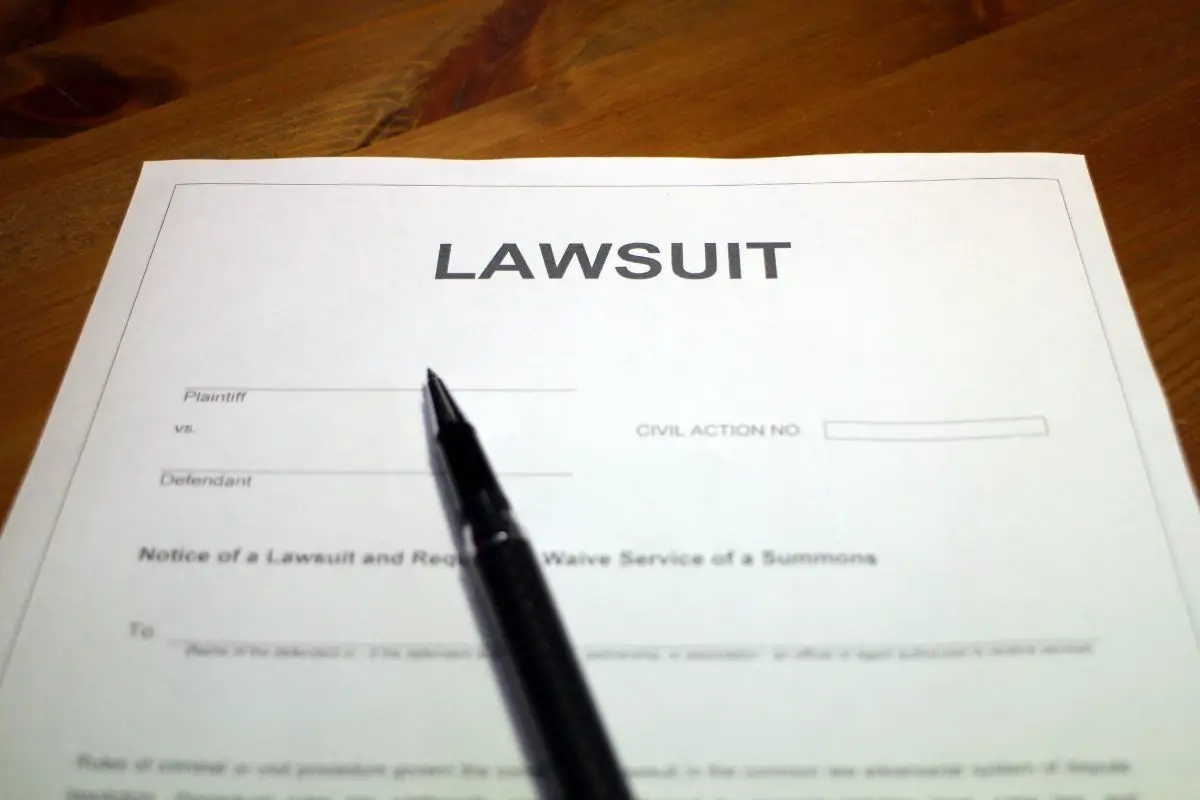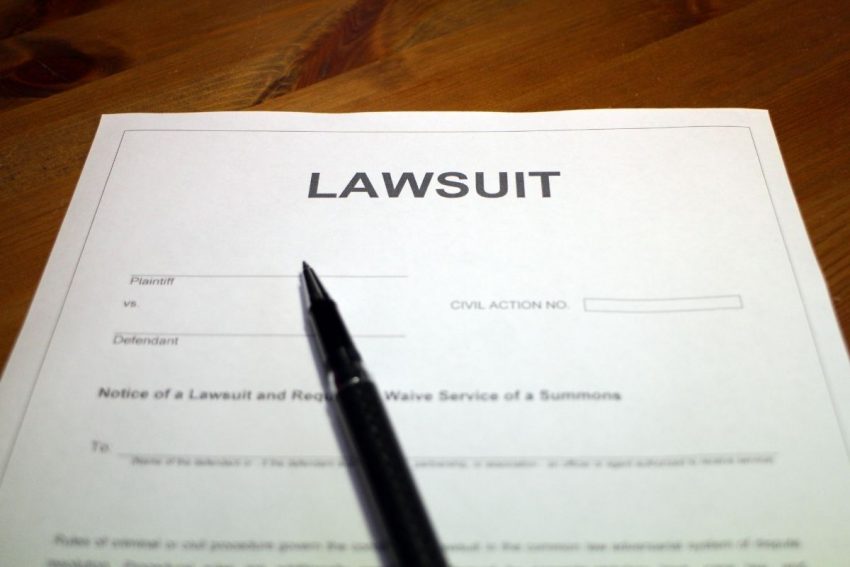So, you have just won a big case or the people you were taking to court have settled. And you are looking at a big payday.
Will you get to keep all of that money or will the IRS be taxing you on it?

Sadly, unless exempt by law, the majority of lawsuit winnings are taxable.
The notable exceptions to this rule are personal injury lawsuits, as well as car accidents, and slip and fall claims.
With only very few lawsuits exempt from this rule, it is worth learning whether you will need to pay tax and how you should be declaring your winnings.
In this article, we will be covering what cases you have to pay tax on, what you need to know while paying these taxes, and what winnings are tax-free.
Contents
What To Do Straight After Winning A Lawsuit
After you have won your lawsuit, the first thing you should do is celebrate a job well done. The second thing you should do is hire an accountant.
Why do you need an accountant?
Well, you will want to make sure that all of the money you spend on the case and get from winning the lawsuit is accounted for and declared properly to the IRS.
The last thing you want to happen is for you to get fined or in trouble with the IRS because you didn’t pay the right amount of taxes on your winnings.
Personal Injury Cases
If an injury is visible or medically diagnosed then the IRS considers them “observable bodily harm.”
If the court rules in your favor on a personal injury case then you will not be taxed by the IRS on these winnings.
You should not declare these winnings as income or earnings on your tax return.
You will want to make sure that the court rules that your injuries are “observable bodily harm.” A good lawyer will make sure that this happens.
This kind of compensation is different from a loss of wages award.
Car Accident Cases
Like all cases that can be fought by a personal injury lawyer, car accident cases are almost never taxed.
Again, if the court rules that you have “observable bodily harm” that is affecting your quality of life then the IRS will not tax you.
This kind of compensation is different from a loss of wages award.
It is worth noting, that if you have been reimbursed for your medical expenses in another way previous, then you will be taxed on your winnings.
This only matters if those reimbursements happened a year or less before you won the case.
Medical Costs
Medical costs that cover both physical and mental distress are non-taxable. On the condition that you did not take an itemized deduction for these expenses in prior years.
Of these three types of personal injury lawsuit wins, medical costs are the most complicated.
They are different from both emotional distress awards and loss of wages payments.
If you have already had a deduction on medical costs, then you will need to pay taxes on your winnings thanks to the tax benefit laws.
If this is the case, then you should list your winnings on line 21 of the 1040 Form.
If you have not had any deductions previously, then you do not need to list your winnings as income.

Emotional Distress Awards
This is the final type of lawsuit winnings that you do not have to pay taxes on.
If the emotional distress was caused by an accident, an injury, or an illness then it is counted as a personal injury case and is not taxed.
If your emotional distress has been caused by something other than what we have listed above, then it will be taxable.
The court will be careful to make the distinction for you.
Again, if you have previously received deductions on your medical bills (related to emotional distress) then you will be taxed.
Punitive Damages And Lost Wages Payment
The law draws a distinction between loss of wages payments and medical bill payments – the former is taxable.
They have also drawn a distinction between payment awards and punitive damages – you will be taxed on the latter.
If you win loss of wage payments or punitive damages in case then it is important to make note of how much you have been awarded and when it will be paid.
You will need to declare these winnings in the tax year that you have been paid them.
Things To Bear In Mind When Paying Taxes
The first thing that you should be aware of is that if you have won multiple counts in one lawsuit, or you are awarded multiple types of compensation by the court – you may be taxed on some winnings but not others.
For example, if you win your medical costs and you are also awarded punitive damages in the same case, you will need to pay tax on the damages.
If you are worried about the process of filing your tax return after winning one or more lawsuits then you should consider bringing an accountant on to help you out.
Summary
If you have just won a case in court, then you will want to start keeping accurate records of the money you have coming in – before you start celebrating too hard.
Taxation after winning a lawsuit is a slightly complicated issue – some lawsuit winnings are taxable, while others aren’t.
If your lawsuit had multiple counts then you might be paying tax on some of your winnings but not all of them.
If your case was a personal injury, car accident, or medical cost coverage case then you will not have to pay tax on your winnings.
The same goes for any emotional distress awards.
However, you will have to pay taxes on any coverage of lost wages and punitive damages awarded to you.





